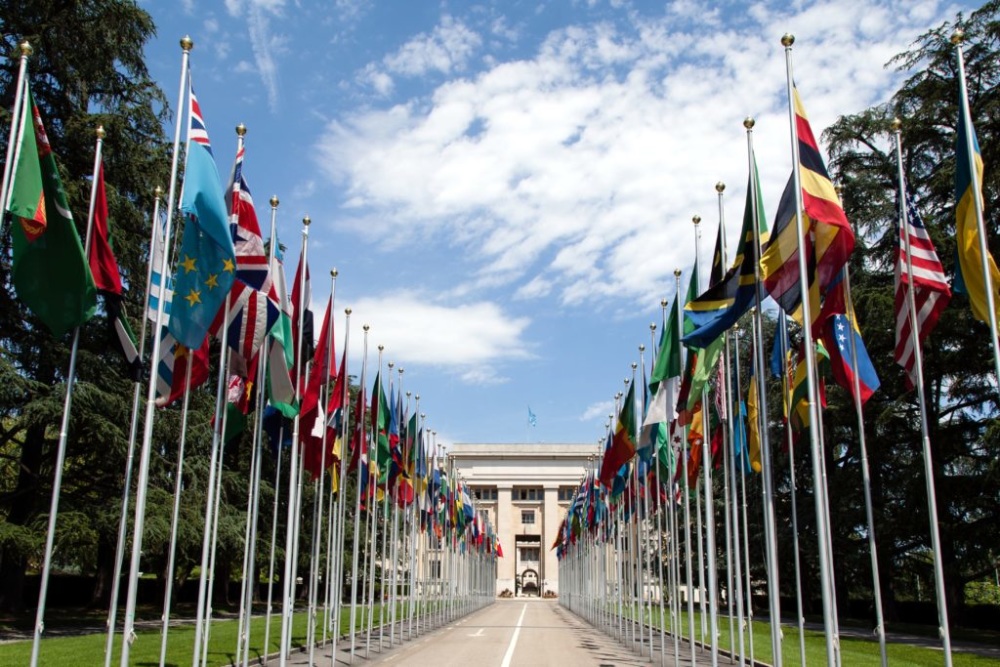Kenya Launches First National Cooling Action Plan
To promote sustainable cooling solutions amidst rising temperatures, Kenya has introduced a comprehensive five-year National Cooling Action Plan.
On 14 June, Kenya’s Ministry of Environment, Climate Change, and Forestry officially launched the National Cooling Action Plan for Kenya (NCAP). Since 2018, CLASP has worked closely with government agencies and key stakeholders to develop the Plan that will guide sustainable cooling solutions in the country through 2027.
Growing Demand for Cooling in Kenya
As temperatures rise, cooling technologies are needed to support resilient food supply chains and keep society healthy and productive. However, these same technologies are highly energy-intensive and can contribute to significant carbon emissions. With a strong focus on aligning with Kenya’s climate commitments, the National Cooling Action Plan (NCAP) sets out to play a crucial role in achieving the nation’s greenhouse gas (GHG) emissions reduction target of at least 32% by 2030, as outlined in its Nationally Determined Contributions (NDC).
In Kenya, only 12.8% of households currently own a refrigerator, while 15% of residential and 30% of commercial buildings employ air conditioning. However, these numbers are expected to rise with the expansion of the national grid, economic growth and increasing average temperatures. The NCAP will provide a concrete approach to address growing cooling demand, without exacerbating strain on the national grid or further contributing to climate change.
Promoting Environmentally Friendly Cooling Solutions
Speaking at the launch event organized by Sustainable Energy for All (SEforALL), Engineer Festus Ng’eno, the Principal Secretary for Environment and Climate, emphasized the objectives of the NCAP:
“With the implementation of this Plan, we are setting a course towards a more efficient, environmentally friendly, and inclusive refrigeration and air-conditioning sector in Kenya.”
The NCAP aims to expand access to sustainable cooling by focusing on key areas:
- Enhancing the performance and efficiency of energy-consuming cooling appliances;
- Transitioning the cooling sector to refrigerants with minimal environmental impact;
- Increasing access to energy-efficient cooling solutions with a low environmental footprint; and
Improving access to agricultural cold chains to support a resilient agricultural sector and reduce food waste.
Kenya’s National Cooling Action Plan represents a significant step towards addressing the country’s growing demand for sustainable cooling. By promoting energy efficiency, eco-friendly refrigerants, and improved access to cooling services, the NCAP aims to create a more inclusive and environmentally-conscious refrigeration and air-conditioning sector.
The development of the NCAP is led by Kenya’s Ministry of Environment, Climate Change and Forestry, supported by the Department of Multilateral Environment Agreements (MEAs), the Government of Germany through the Green Cooling Initiative II, Deutsche Gesellschaft für Internationale Zusammenarbeit (GIZ) GmbH, Sustainable Energy for All (SEforALL) and CLASP.









